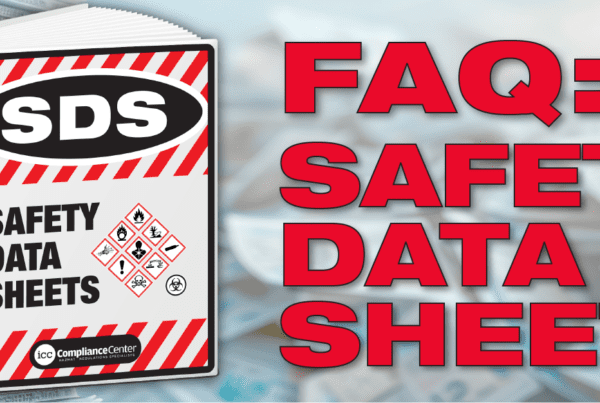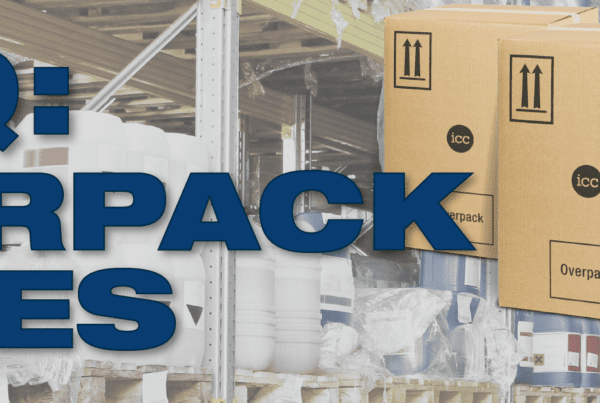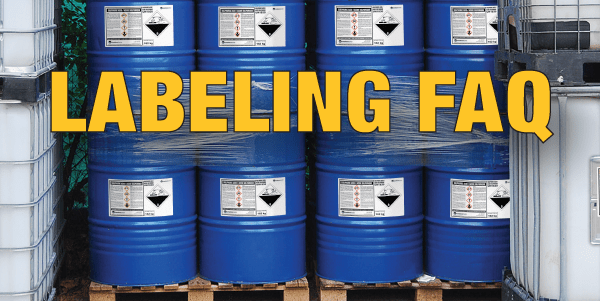Learn why training is needed, who needs it, when it is needed, and what training must be done.
Why do we need training?
Aside from the fact that it is legally required, training serves many purposes. Most importantly, it ensures your shipments are fully compliant with the regulations. This serves to avoid the following:
- Fines and other penalties
- Carrier refusal, causing delays in shipment
- The possibility of spills or other incidents that may cause death, injury, or environmental damage
- Confusion and inconsistencies in the workplace
Who needs training?
- Both the US Department of Transportation (DOT) and Transport Canada require anyone involved in handling, offering for transport, or transporting dangerous goods to be trained. An employee who has not been trained may work under the direct supervision of a trained individual. This supervisory status is only valid for 90 days in the United States.
- In addition, IATA requires all persons concerned it the transport of dangerous goods by air to be trained according to IATA 1.5.
- The IMDG code requires all persons concerned with the transport of dangerous goods to be trained according to IMDG 1.3. The IMDG training rules are recommendatory for shore-based personnel. However carriers often require compliance with them as a condition of accepting your shipments.
When do we need training?
- Initial training must be done when employees start working with dangerous goods
- Recurrent training must be provided every 3 years for ground and sea transport and every 2 years for air transport
- Anyone changing employers or job duties may require recurrent training
What training must be done?
- Both the department of Transportation (DOT) and Transport Canada have strict requirements for training. The requirements clearly state that the training is to be function (job)-specific and done to the level where the employer is satisfied that the training is adequate for the job requirements.
Does someone who has training in IATA and or IMDG still need to be trained in 49 CFR?
- Yes. If you are preparing hazardous materials for transportation according to the IATA or IMDG rules there are still many DOT requirements in 49 CFR that your shipment must meet as well as administrative and operational requirements that shippers must comply with, such as training, cargo security rules and others. At a minimum you must be trained in these additional requirements.
- DOT allows hazardous materials to be shipped under IATA Dangerous Goods Regulations for any shipments traveling by air and IMDG code for any shipments by vessel as long as it complies with the requirements listed at 49 CFR 171.11 and 171.12(b) and the shipper complies with all administrative rules in 49 CFR.
- If you ship by Air or Sea it is best to have a 2 day 49 CFR and then an initial or recurrent IATA or IMDG.





